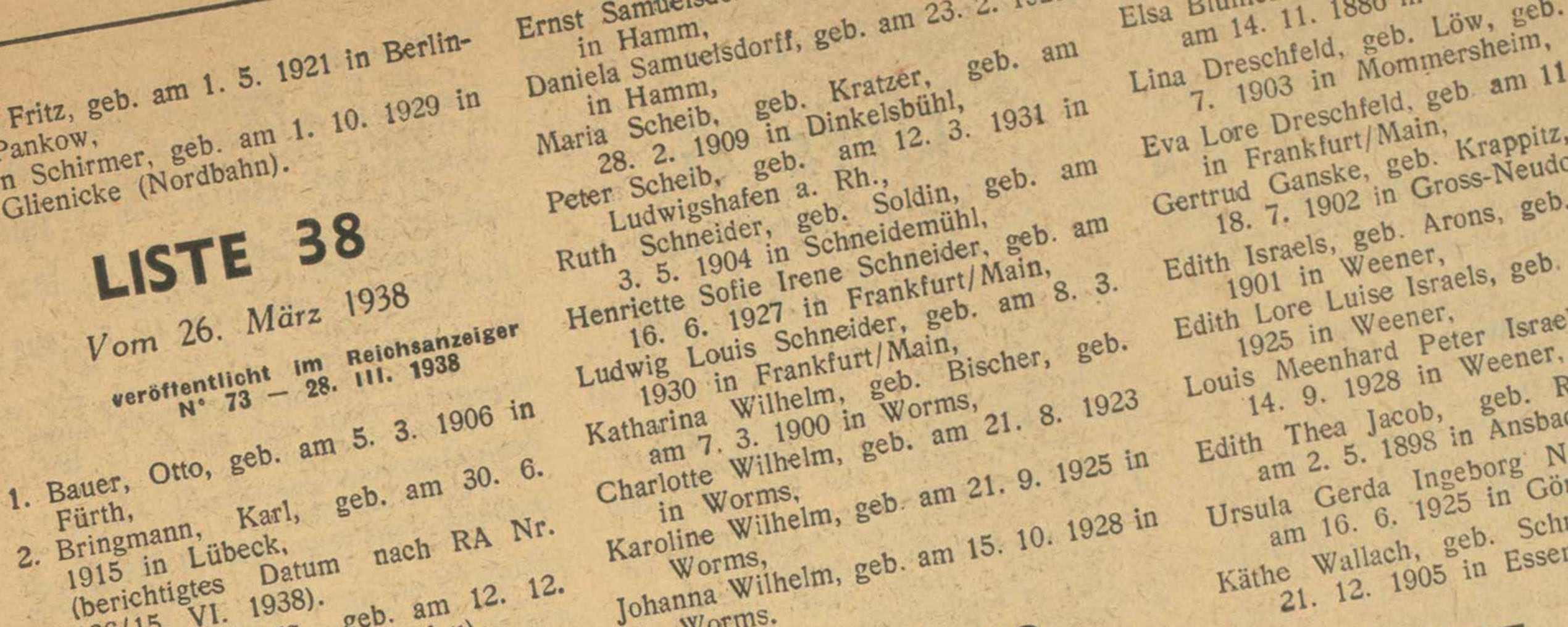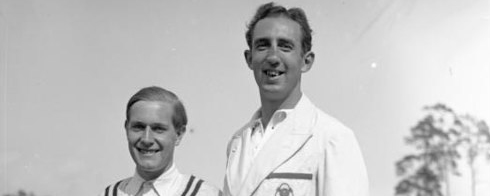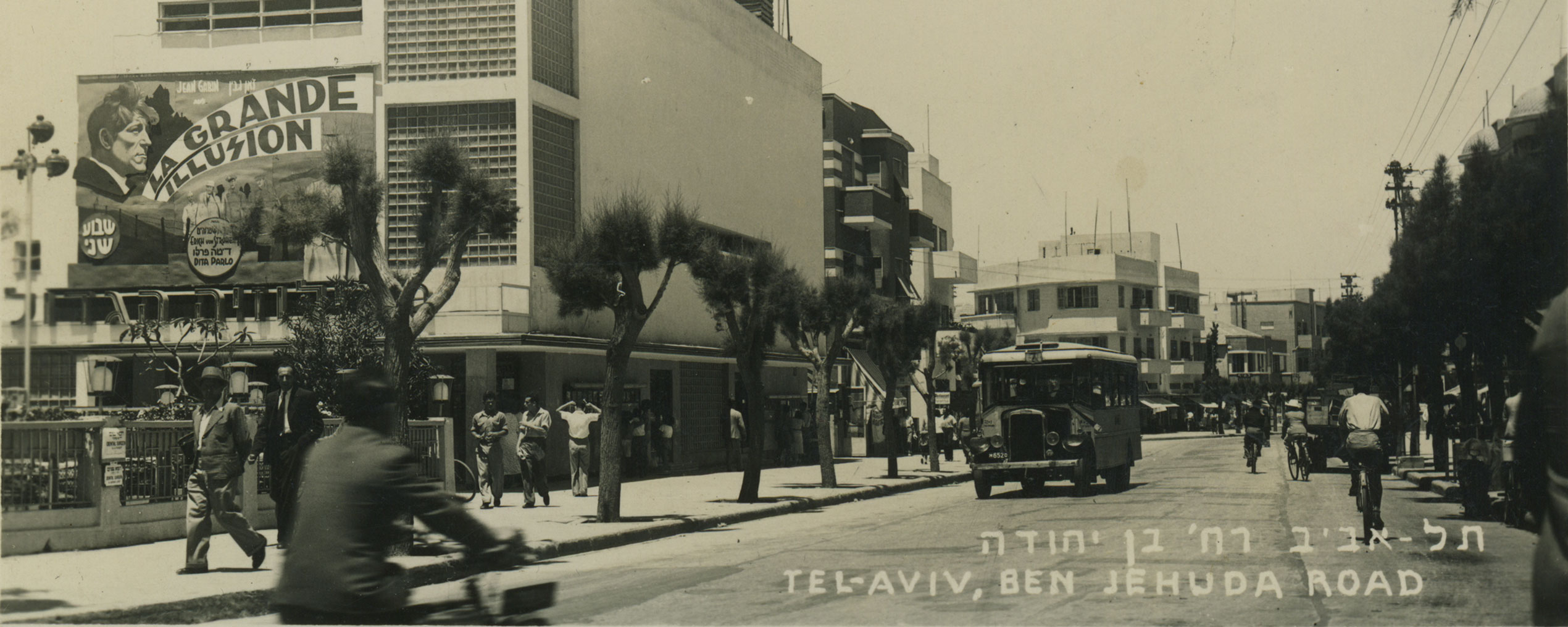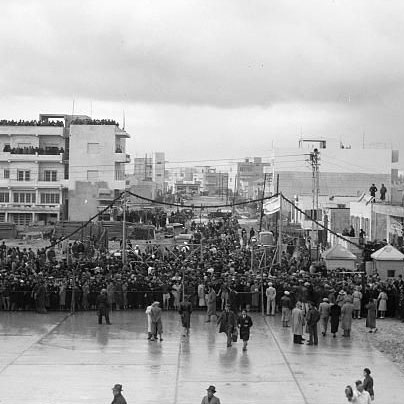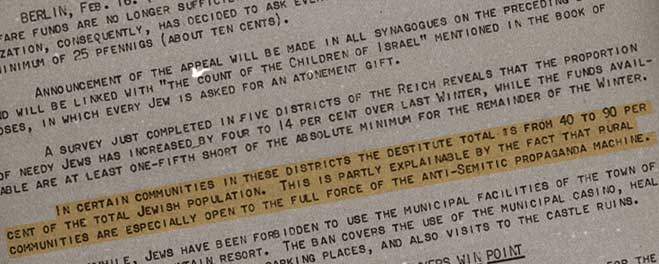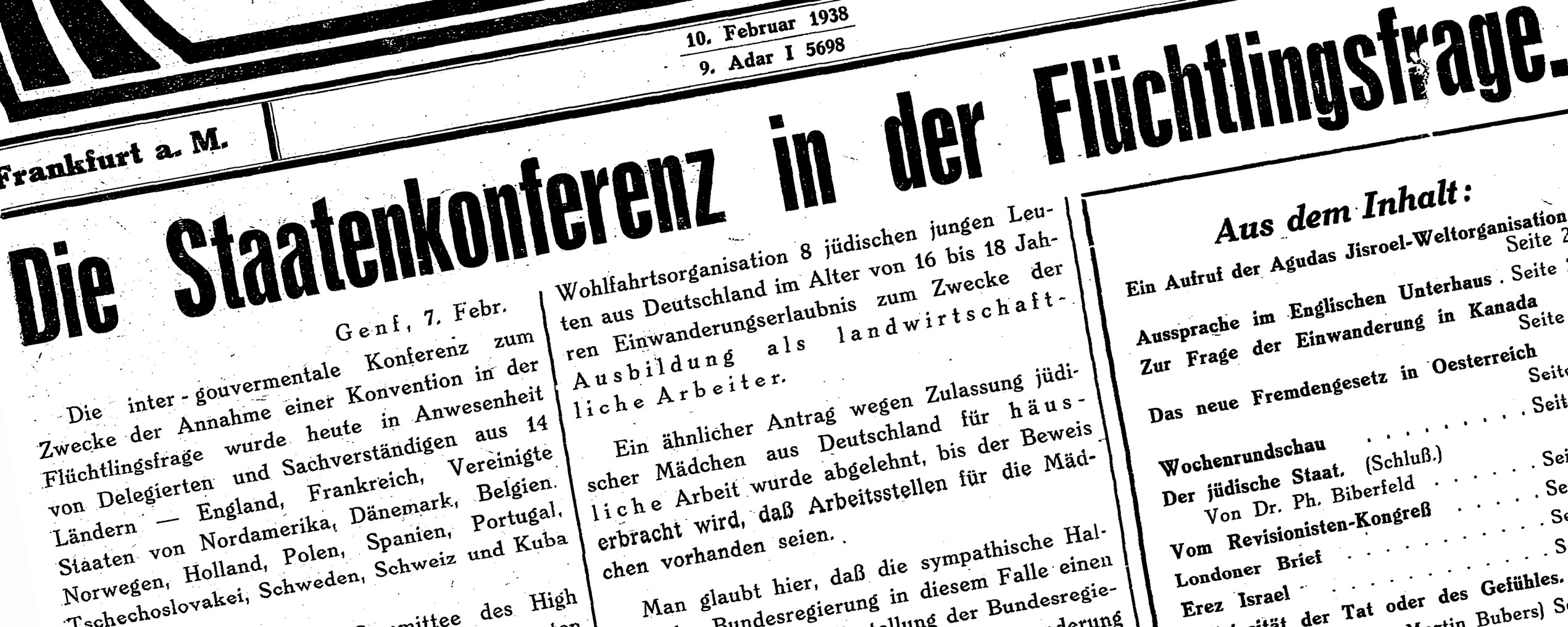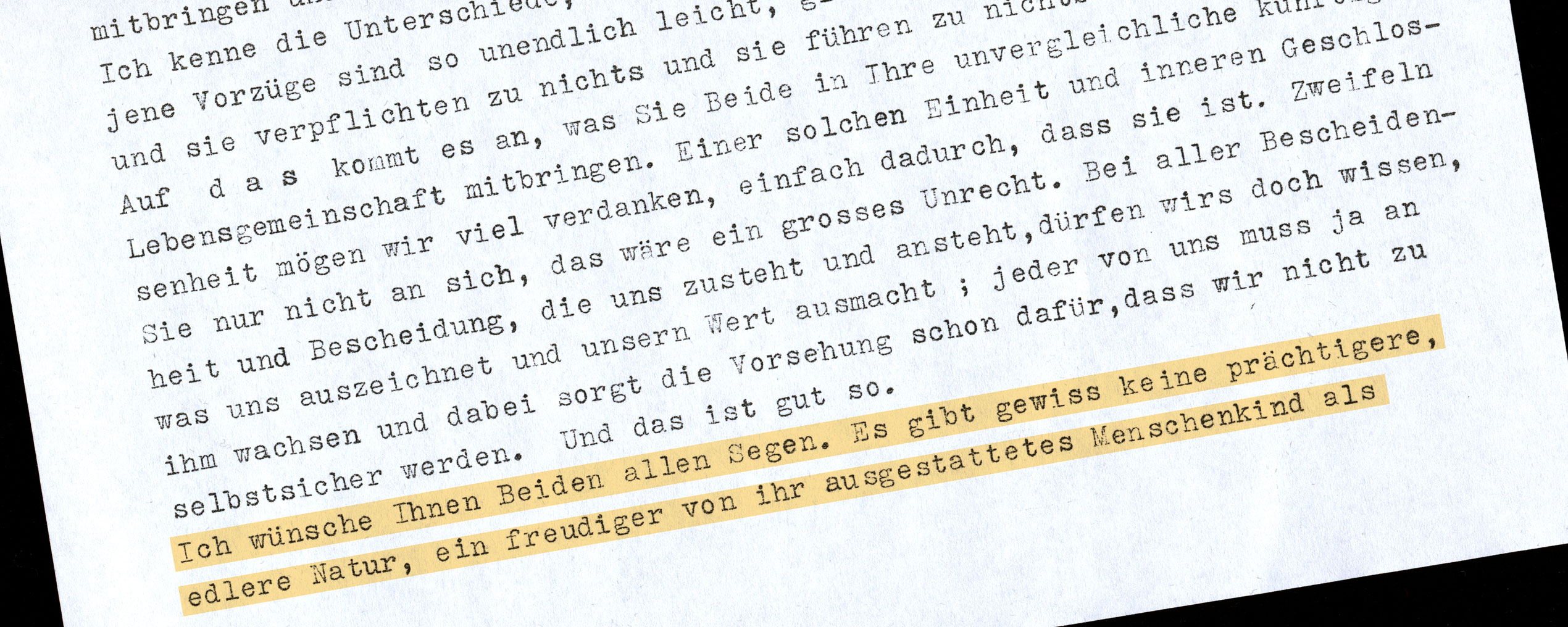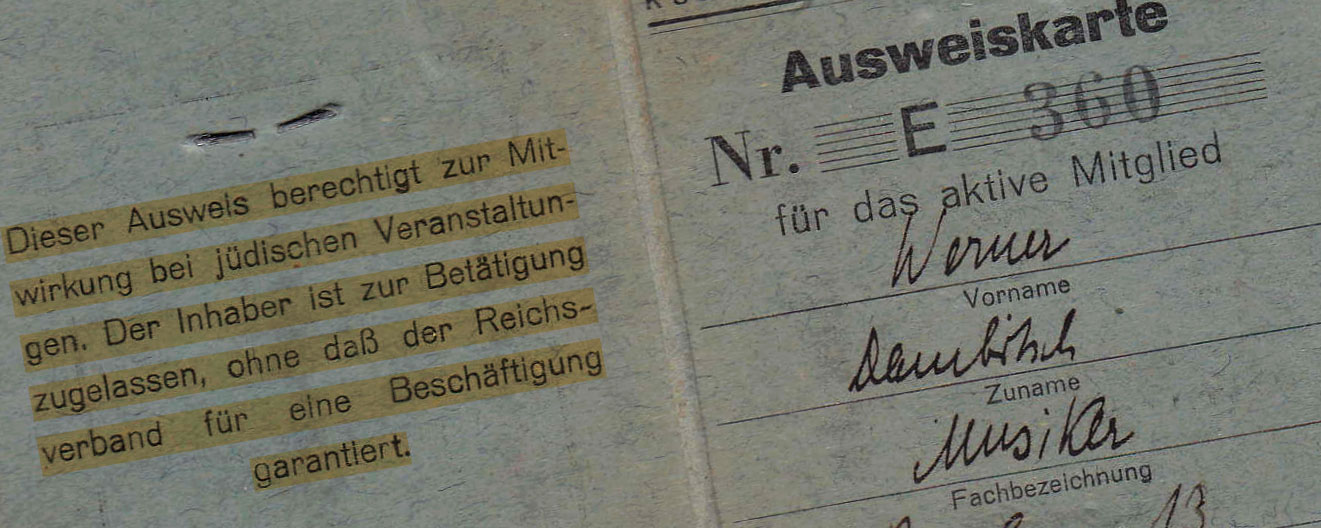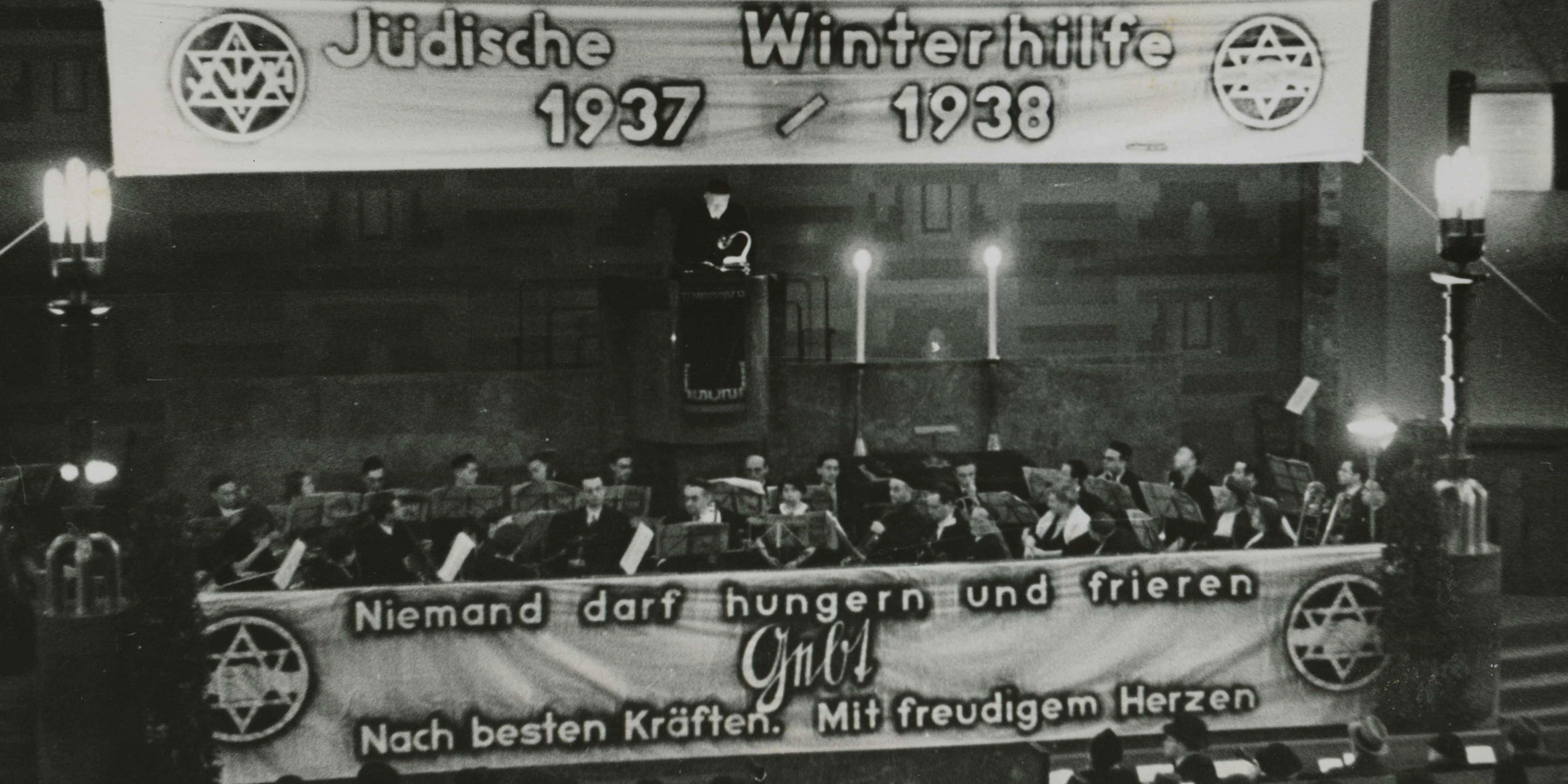Repression, resilience and relief
Jewish welfare organizations alleviate suffering
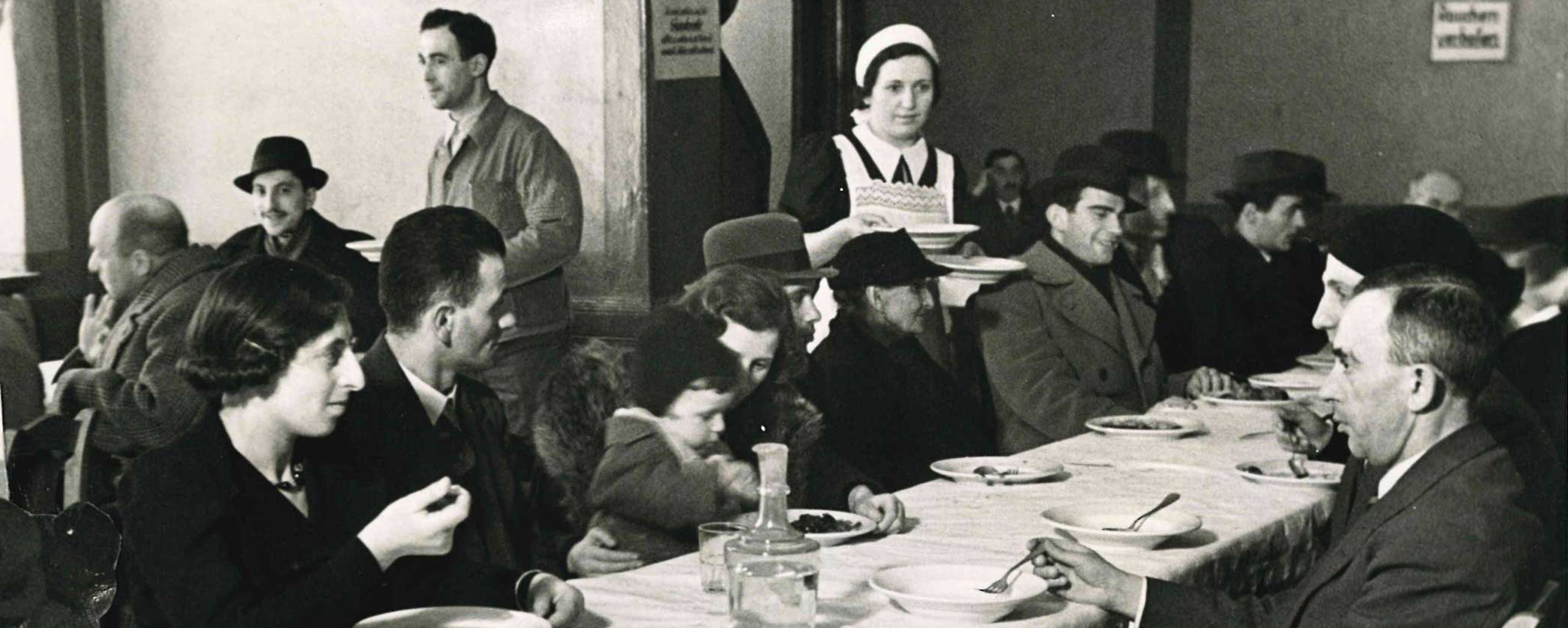
Berlin
By 1938, the ability of Jews to make a living had been seriously curtailed by a series of laws aimed at humiliating, isolating, and impoverishing them. While not all Jews were affected equally by these changes, the number of Jews dependent on the services of welfare organizations, such as the Jewish Winter Relief, was constantly on the rise. The level of solidarity and the support for the Winter Relief were remarkable. Much of the money came from small donations, and the Kulturbund held cultural events in support of the organization. Volunteers from women’s and youth groups assisted in the fundraising efforts.
SOURCE
Institution:
Leo Baeck Institute – New York | Berlin 
Collection:
Photo Abraham, Speisungen, fuer viele 1000 Mark, Sammlung Heinrich Stahl, AR 7171 
Original:
F 7410








































